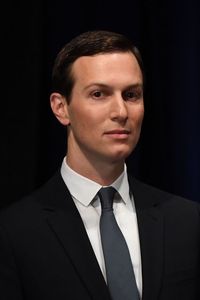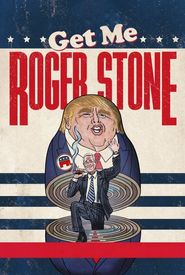Jared Kushner, a prominent figure in contemporary American politics, made his entry into the world on January 10, 1981, in the charming town of Livingston, New Jersey, United States of America.
This astute individual has shared his life with his beloved spouse, Ivanka Trump, since October 25, 2009, in a union that has been blessed with the arrival of three precious children.




























